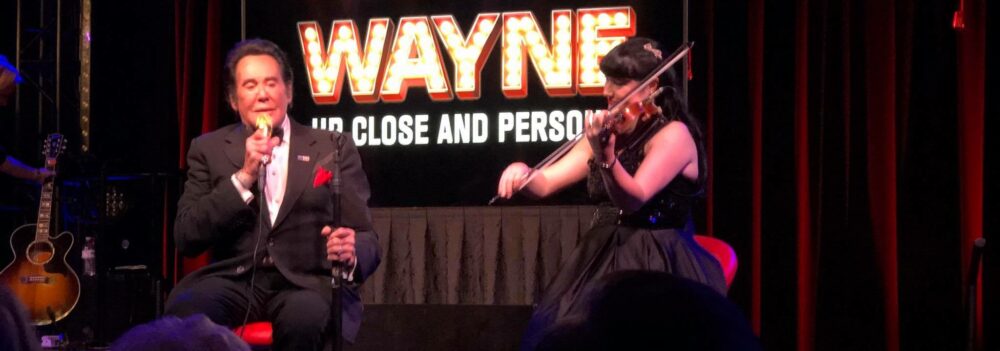Many times stage managers and some meeting planners are obviously not used to dealing with professional musicians who have been doing the job longer then they have been born. Nor are they used to dealing with musicians who actually have business sense with a knack for planning ahead. There is a reason things are in writing in a contract or on a rider.
A stage manager called me recently to make sure I had all the info for an upcoming gig. Great! I asked if they are providing armless padded chairs, music stands with lights, and made sure we had clearance for parking. Ummmm. Then a questionable “yes?” I reminded him I was only bringing instrument with music books, and discussed set times as I knew we had competing sounds from other bands from nearby venues in same location. Another ummmmm. Yes, I actually do my research on the gig and try to time things accordingly.
Less than an hour later, another phone call – just to make sure you know what to wear. There is only one type of acceptable attire for this location, and I know it. The company even dictates hosiery, length of skirt and length of shirt sleeves. He didn’t know that (but should have.) Just wanted to make sure what I wear is conservative for the group. Hmmm, I’ve been there 21 years; I hope I know it by now. Obviously, this was his first time dealing with a prepared, knowledgeable musician – a true professional musician. Aaaaaaarrrrrgggghhhh!!!!!
I then asked to clarify is it 6:00pm CALL time or DOWNBEAT? This determines exactly when I need to be there. Another ummmmmm. Finally, it’s a 6:00 pm downbeat. Okay – I’ll be there by 5:30pm.
Playing devil’s advocate, I see that most stage managers are not used to dealing with someone who’s done this a few times. Or maybe they have just dealt with the unprepared, scatter-brained artistic type so many times that they treat everyone that way. There is a reason for this stereotype.
This situation is exactly why I insist on a contract or some sort of written confirmation. I like having things in writing; it’s a reference. He should have sent an e-mail and asked if there were any questions. Too many points of information can be lost in a telephone call, especially when I’m on the road or in the middle of something when he does call me. Even a text would have been sufficient. Just something I can look to again and make sure I have the information. The communication needs to work both ways. If I don’t have the information, I will keep calling, writing, or sending morse code as needed until I get the information. Having good information and communication are some of the keys to being, and especially appearing to be, a professional musician.
